Author: Kishan S Rana
Performance Management in Foreign Ministries: Corporate Techniques in the Diplomatic Service
2004
You may also be interested in

A diplomatic analogy: International functionaries and their privileges
Although many have grappled with the question of what privileges and immunities international officials should enjoy, no satisfactory theoretical framework has evolved. This paper discusses how the issue evolved over time, how extensive the problem is and why the response been so ineffectual and the resolution been so intractable.

British Heads of Mission at Constantinople, 1583-1922
British Heads of Mission at Constantinople from 1583 to 1922 is a detailed account of the diplomatic representatives representing Britain in the capital of the Ottoman Empire over a span of over three centuries. The book delves into the challenges, successes, and significant events faced by these diplomats during this time period, shedding light on the political dynamics and diplomatic relations between the two nations.
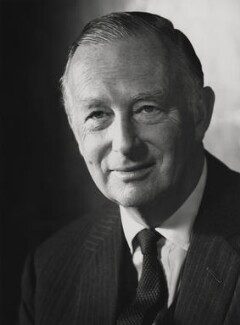
Report of the Review Committee on Overseas Representation
The Review Committee on Overseas Representation's report focuses on enhancing global presence and efficiency, recommending streamlining of processes, increased coordination between offices, and leveraging technology for better communication.

The role of diplomatic missions in Open Government
The purpose of this research paper is to assess the degree to which Open Government values and principles are being implemented by the diplomatic missions of Moldova and Malta, particularly in regards to their work with civil society and citizens' participation in policy-making.

Who are diplomats?
Many remember Ivo Andric for his Nobel Prize for Literature. He is also remembered as a diplomat with over 20 years of experience. In his note on diplomacy, published here for the first time in English with the kind permission of the Andric Foundation, Andric describes who the diplomat is, and the qualities that those devoting themselves to diplomacy ought to have.

The role of the legal adviser in modern diplomatic services
The role of the legal adviser in modern diplomatic services. This paper discusses the role of the legal adviser in modern diplomacy services and the efforts that must go into preserving all possibilities, meagre as they may be, to raise his voice and keep making efforts which eventually could lead in the right direction.
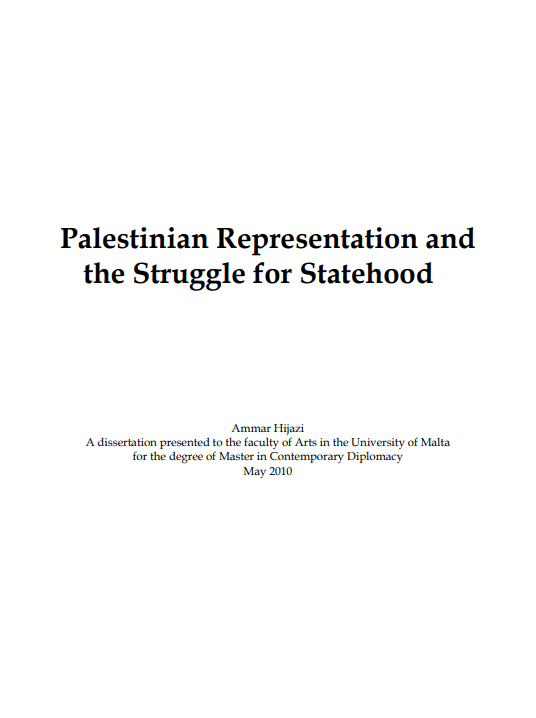
Palestinian Representation and the Struggle for Statehood
Abstract: Palestinian national identity evolved as Palestinians came under the rule of a colonial power with an agenda whose aim contradicted their very existence as a nation. Quickly, Palestinian political activists realized that forming a uniting and unified representative body that could engage the international and regional players was a political and practical requirement for the achievement of their national aspirations. But with the formation of the first Palestinian representative body, the struggle for independence began and with it, the crucial battle for recognition.
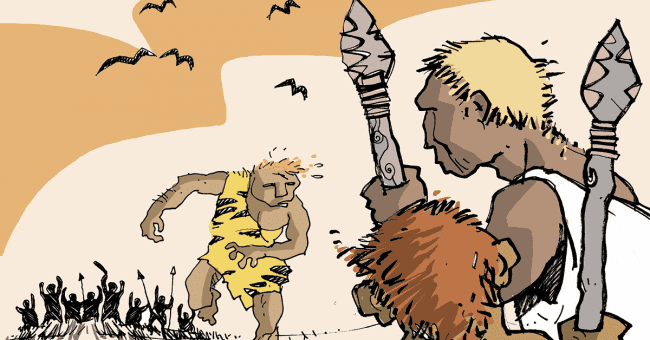
Diplomatic Privileges and Immunities
The text discusses the distinctions between privileges, immunities, and facilities in the context of diplomatic relations. It explains how privileges exempt diplomats from certain laws, while immunities protect them from legal processes in the receiving state. Diplomatic facilities are provided to aid in the duties of diplomatic missions. The history of diplomatic privileges and immunities is traced from ancient times to modern diplomacy, highlighting the role these concepts play in international relations. The text also touches on the evolution of diplomatic practices, from the Renaissance to...

From parallel to dual careers: Diplomatic spouses
This paper provides a brief summary of the main issues relevant to the contemporary role of diplomatic spouses and its future in the contemporary European context. It outlines some of the measures being introduced by Foreign Services to respond to the changing role and position of spouses.
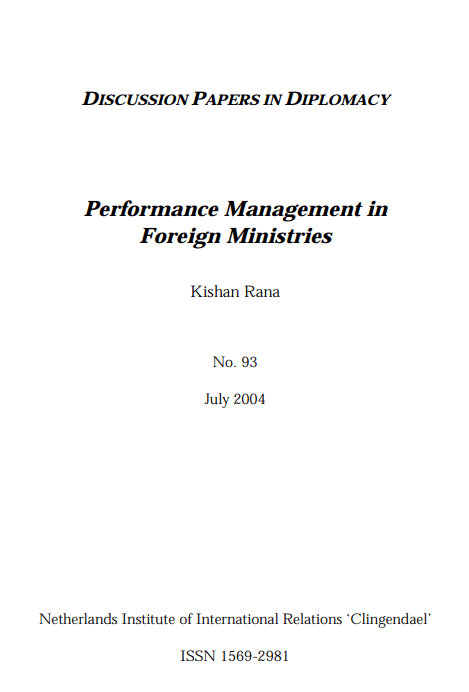
Performance Management in Foreign Ministries: Corporate Techniques in the Diplomatic Service
The text discusses the implementation of corporate performance management techniques within foreign ministries to improve efficiency and effectiveness in diplomatic services.

Knowledge management and diplomacy
In this paper we aim to provide a comprehensive introduction to the topic of knowledge management in diplomacy. First we provide working definitions of knowledge and knowledge management, and examine the evolution of the concepts. Next, we consider specific features of diplomacy that affect and limit the way knowledge management can be implemented. Then we look at specific techniques which diplomacy can adapt from the business sector in the field of knowledge management. Finally, we consider some important questions related to human resources and knowledge management.
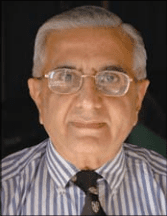
Diplomatic Education
Diplomatic Education’ was published as Chapter 11 in: An Anthology Celebrating the Twentieth Anniversary of the Higher Colleges of Technology, ed. Tayeb A Kamali, (HCT Press, UAE, 2007).

Who needs diplomats? The problem of diplomatic representation
This paper discusses the problem of diplomatic representation. Diplomats should remind themselves and others that they are first and foremost the representatives of sovereign states, that this is their raison d’être and a precondition for anything else they might aspire to be or to do. This might require an adjustment in their professional orientation but not a transformation.

The Yugoslav diplomatic service under sanctions
Sanctions adversely affect all the structures of the state and society, and render difficult, if not impossible, the normal operation of services, including the Foreign Service.This paper discusses the challenges faced by the Yugoslav diplomatic service when the country was under sanction.
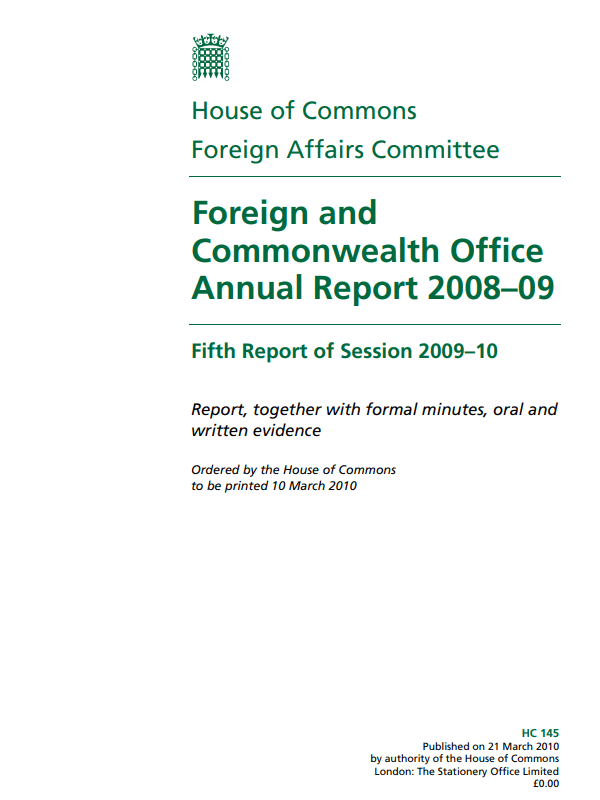
Consular Services Annual Report 2008/09
The Consular Services Annual Report 2008/09 showcases the work and assistance provided to citizens in need during the specified period.
The latest from Diplo and GIP
Tailor your subscription to your interests, from updates on the dynamic world of digital diplomacy to the latest trends in AI.
Subscribe to more Diplo and Geneva Internet Platform newsletters!
Diplo: Effective and inclusive diplomacy
Diplo is a non-profit foundation established by the governments of Malta and Switzerland. Diplo works to increase the role of small and developing states, and to improve global governance and international policy development.


